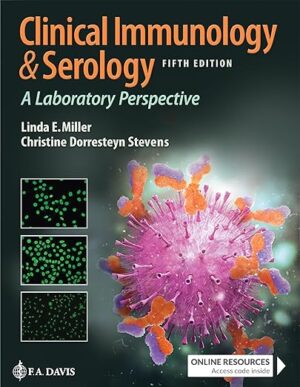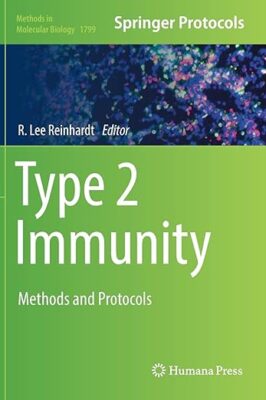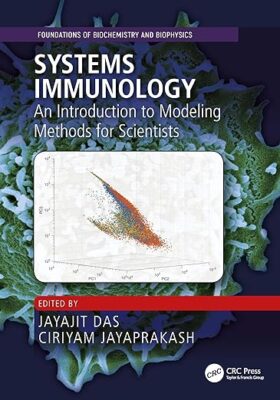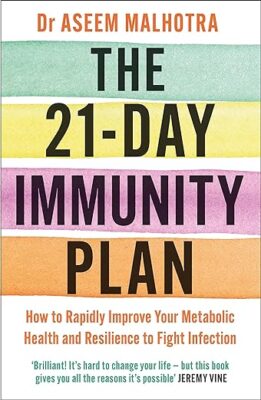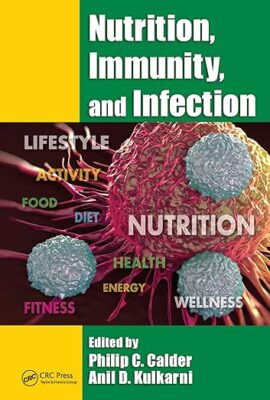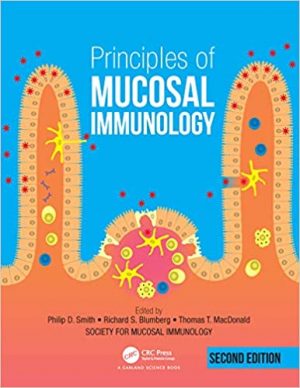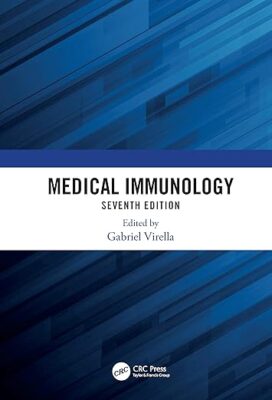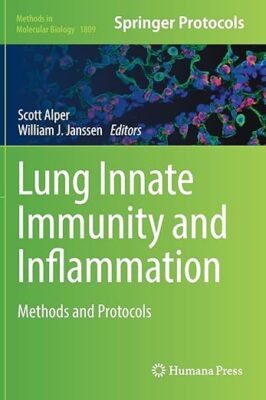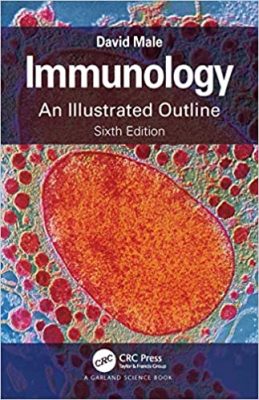Clinical Immunology and Serology A Laboratory Perspective Fifth Edition
The perfect balance of theory and practice!
Here’s the practical introduction you need to understand the essential theoretical principles of clinical immunology and the serological and molecular techniques commonly used in the laboratory. You’ll begin with an introduction to the immune system; then explore basic immunologic procedures; examine immune disorders; and study the serological and molecular diagnosis of infectious disease.
An easy-to-read, student-friendly approach emphasizes the direct application of theory to clinical laboratory practice. Each chapter is a complete learning module with learning outcomes, chapter outlines, theoretical principles, illustrations, and definitions of relevant terminology. Review questions and case studies help you assess your mastery of the material. A glossary at the end of the book puts must-know information at your fingertips.
An access code inside new printed texts unlocks Lab Exercises and Branching Case Studies online at FADavis.com that offer more opportunities to apply theory to clinical laboratory practice.

